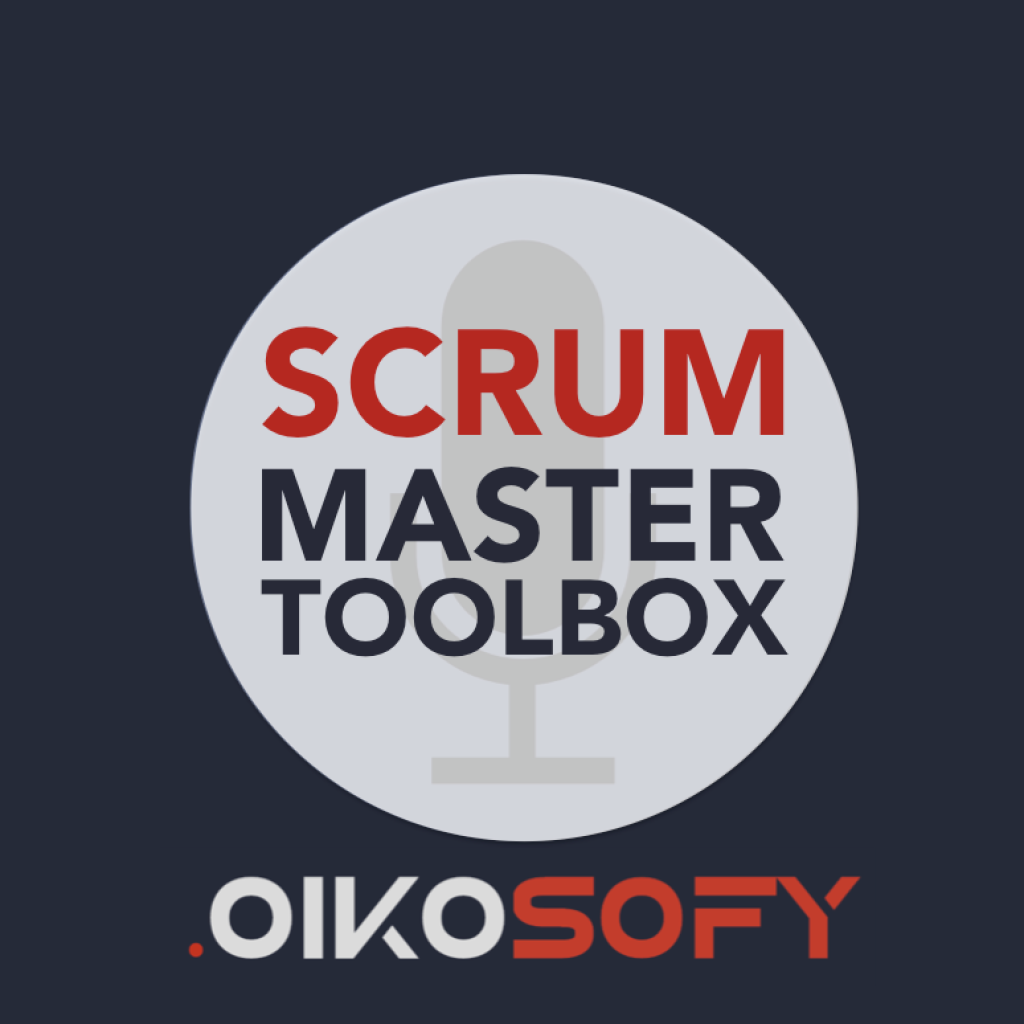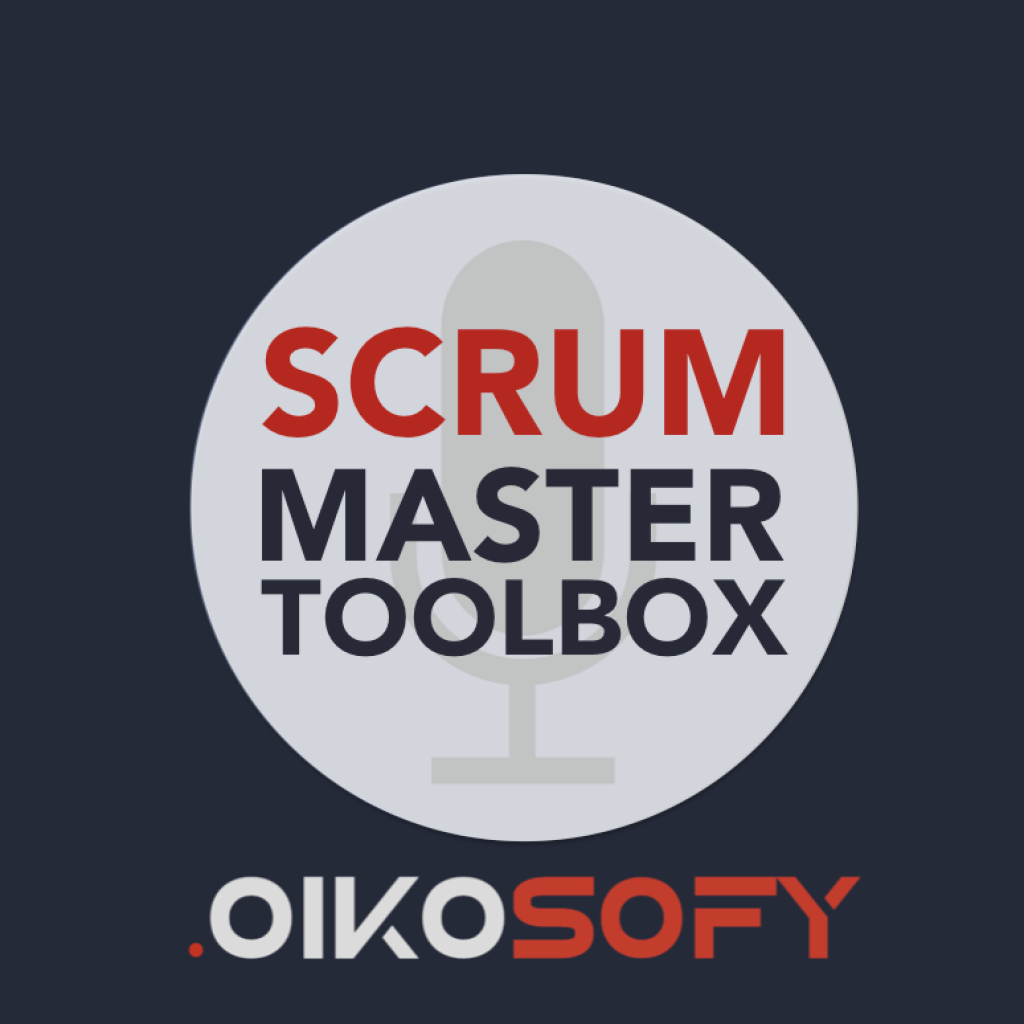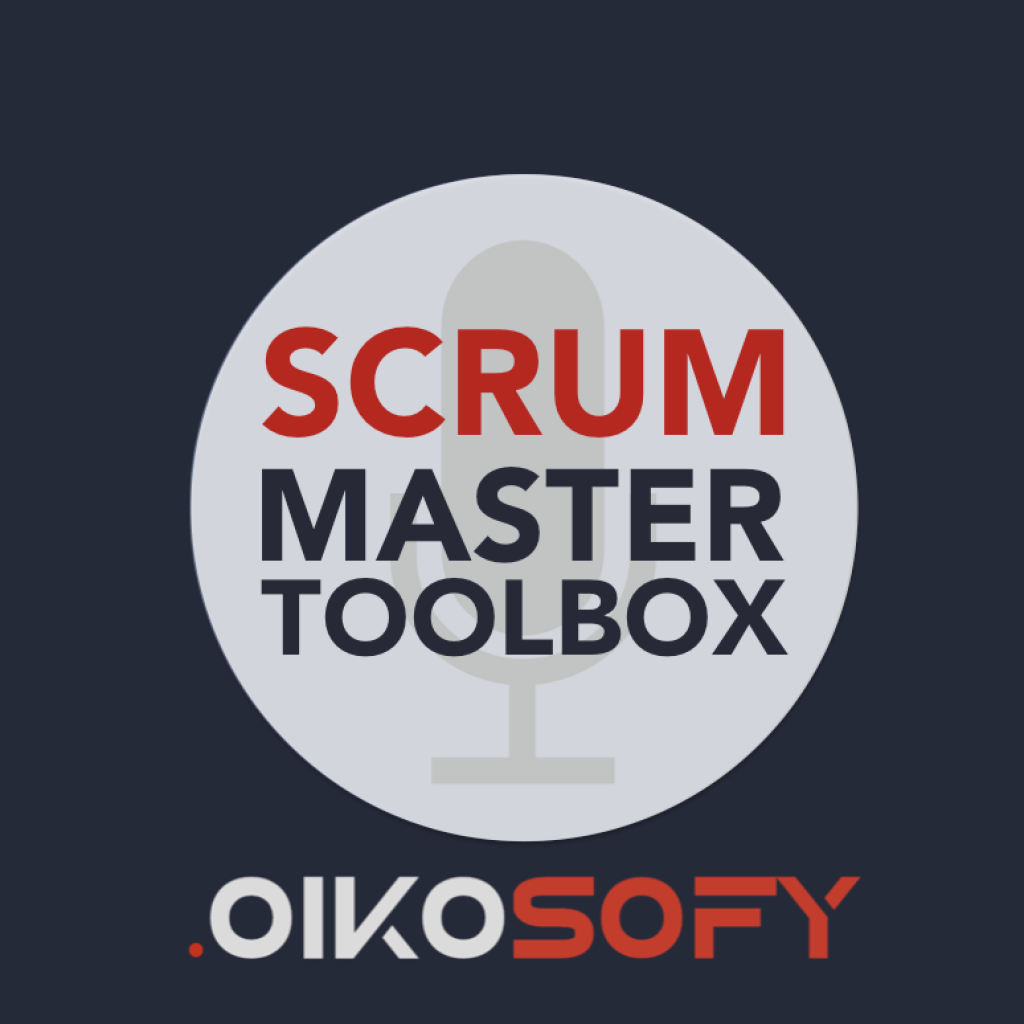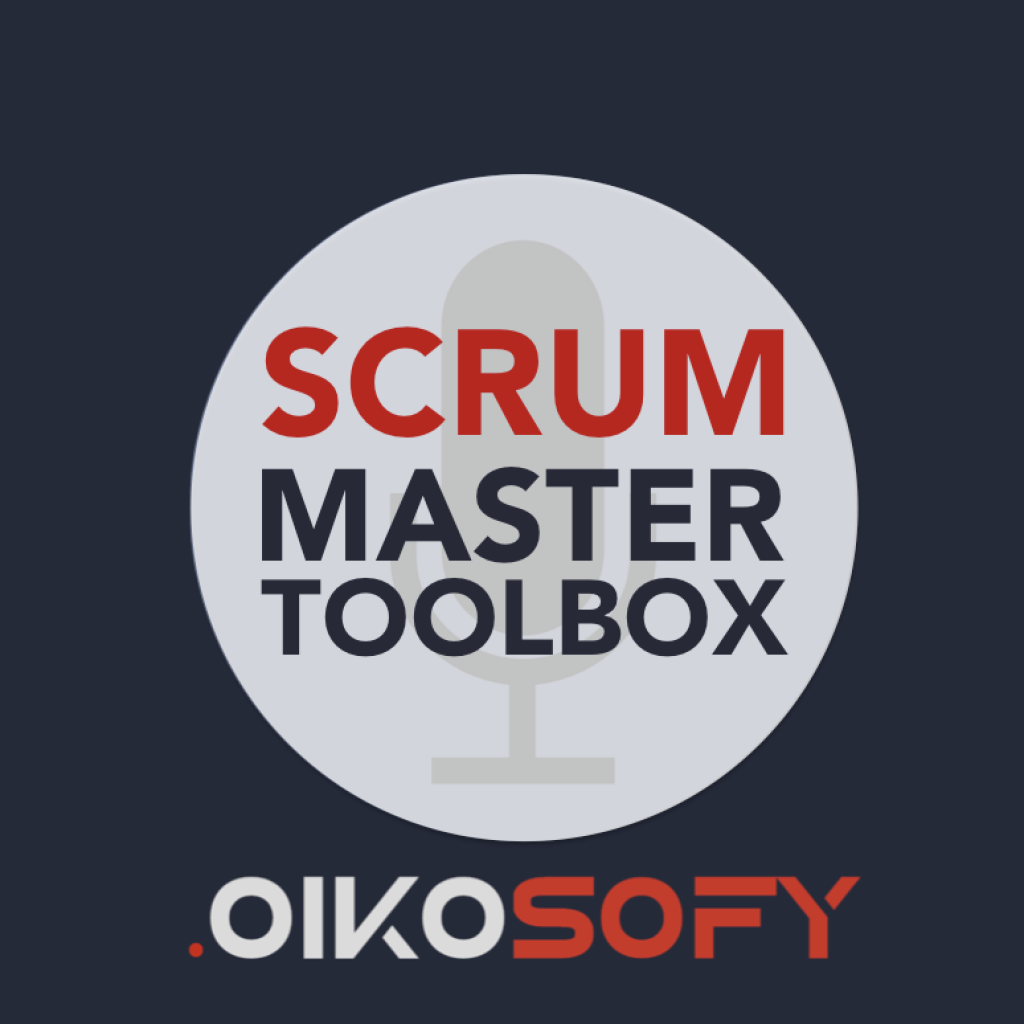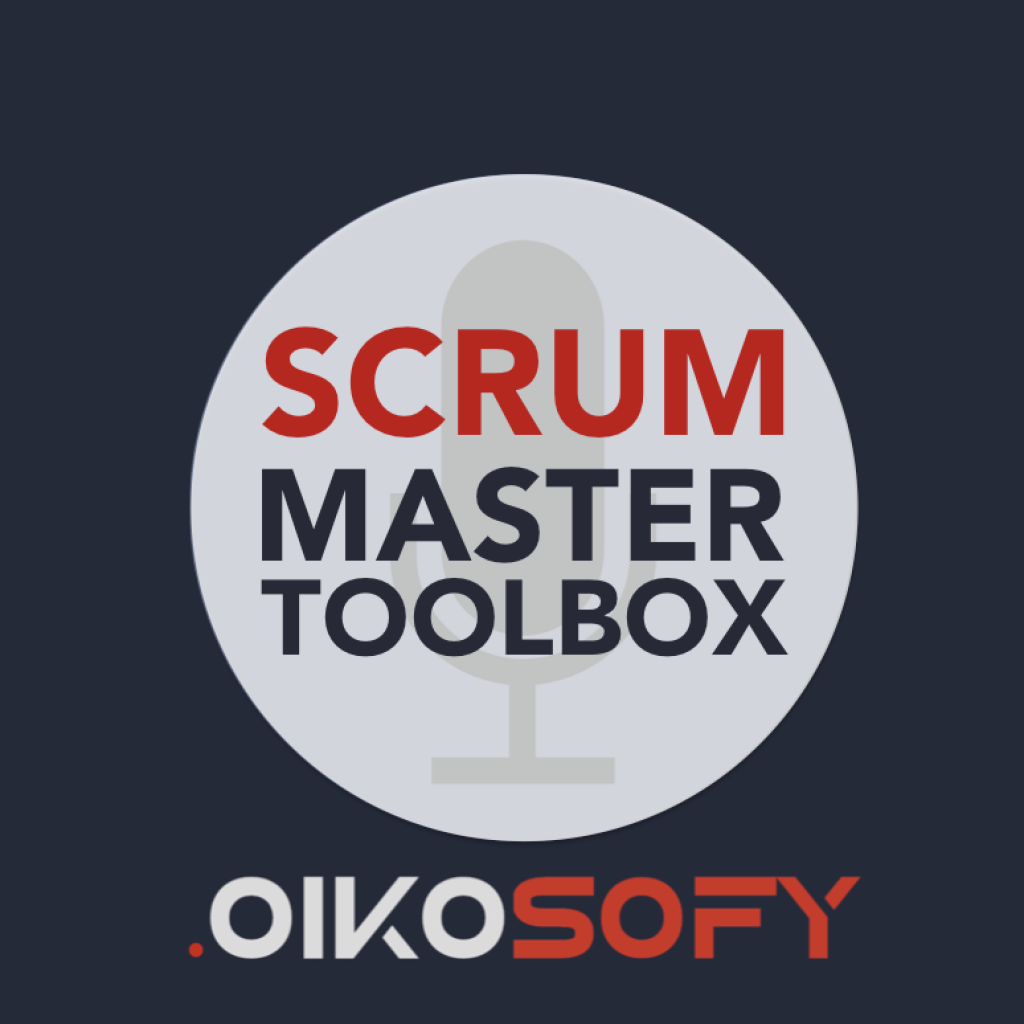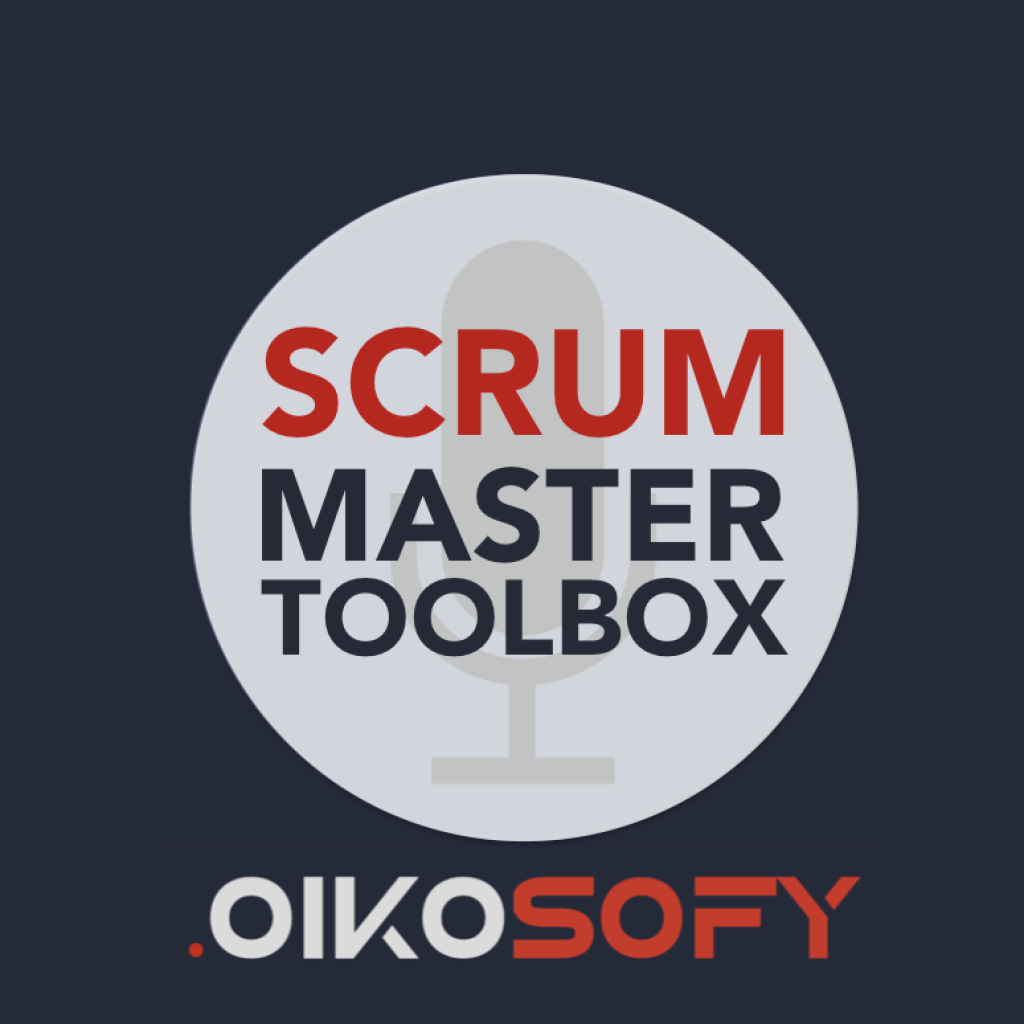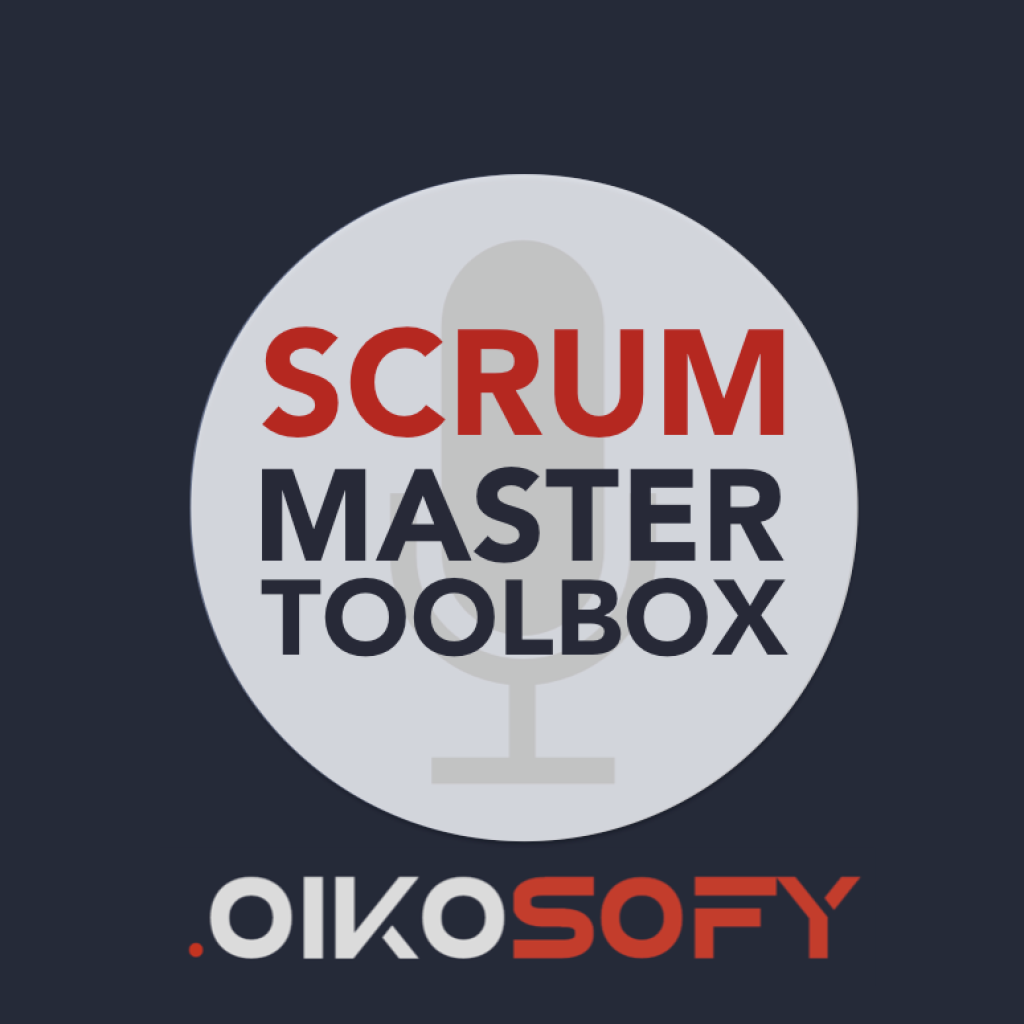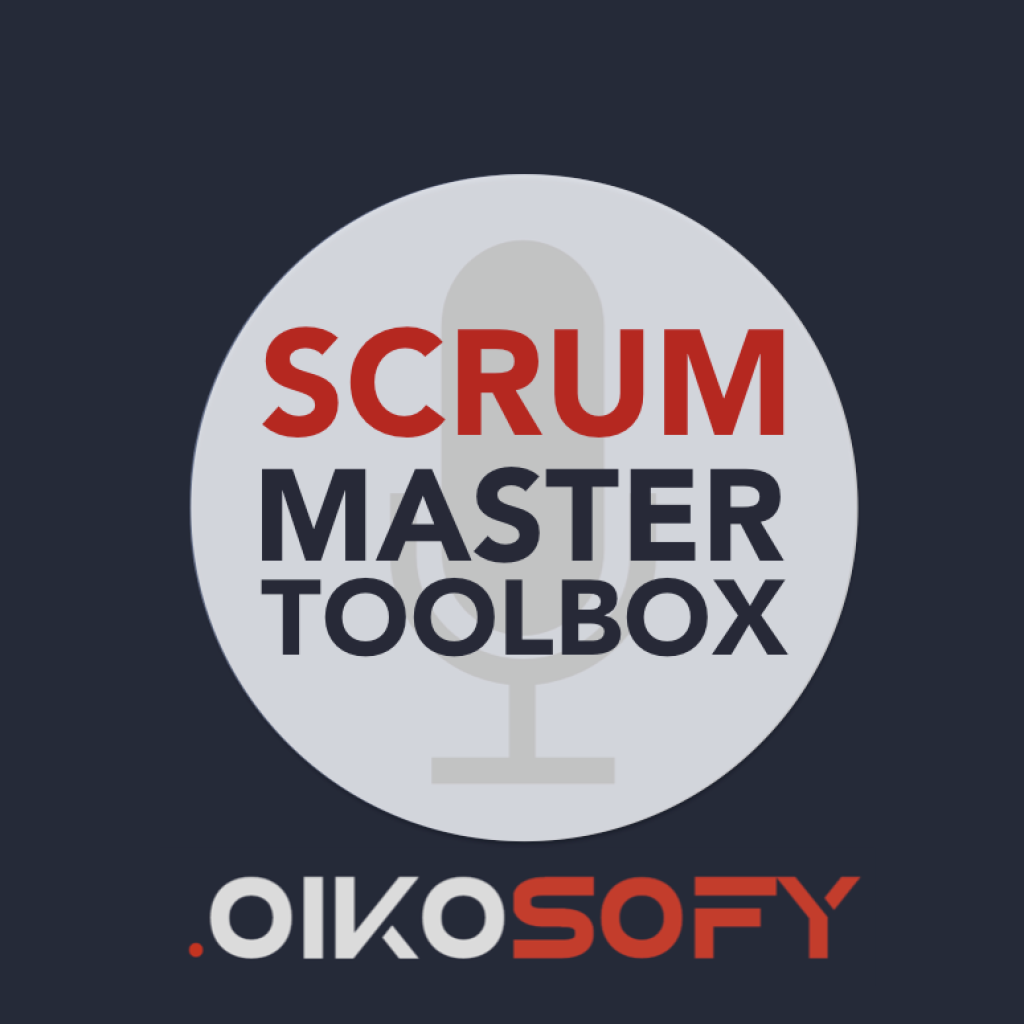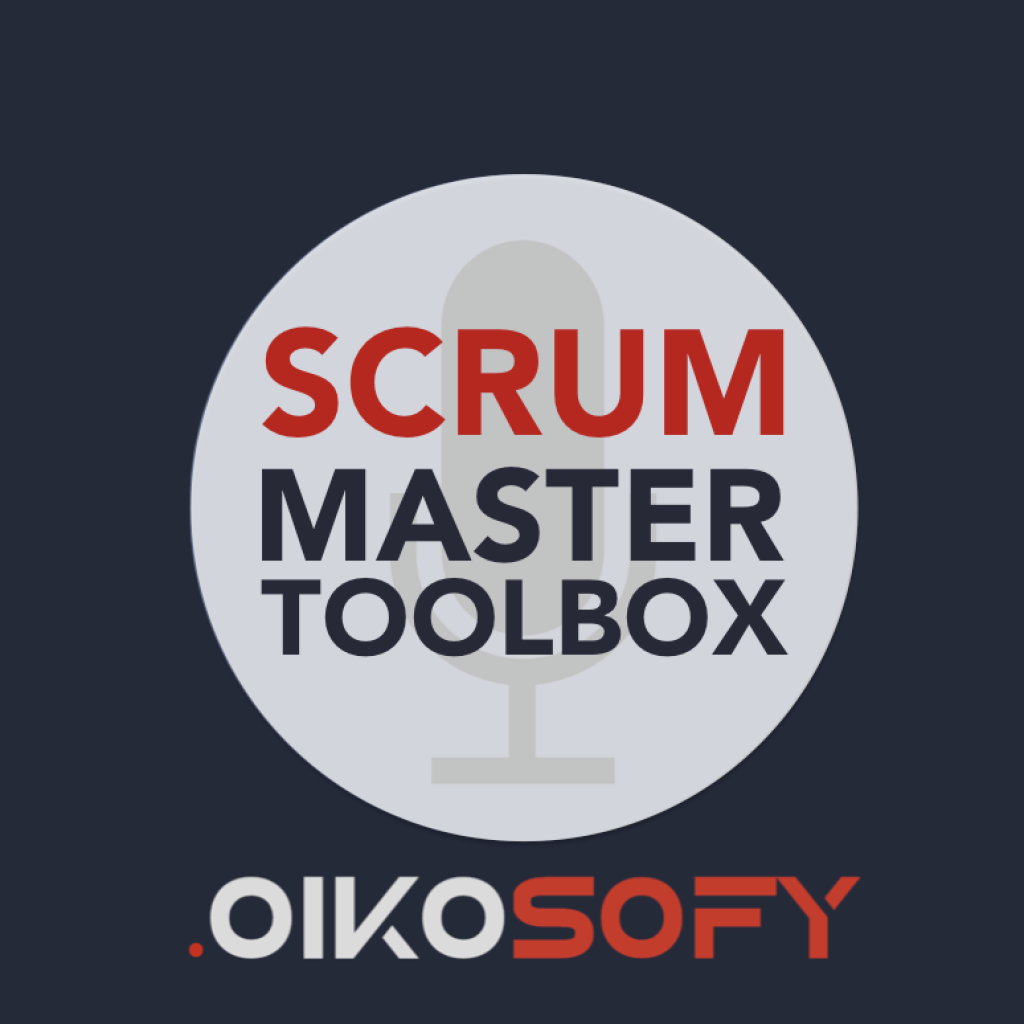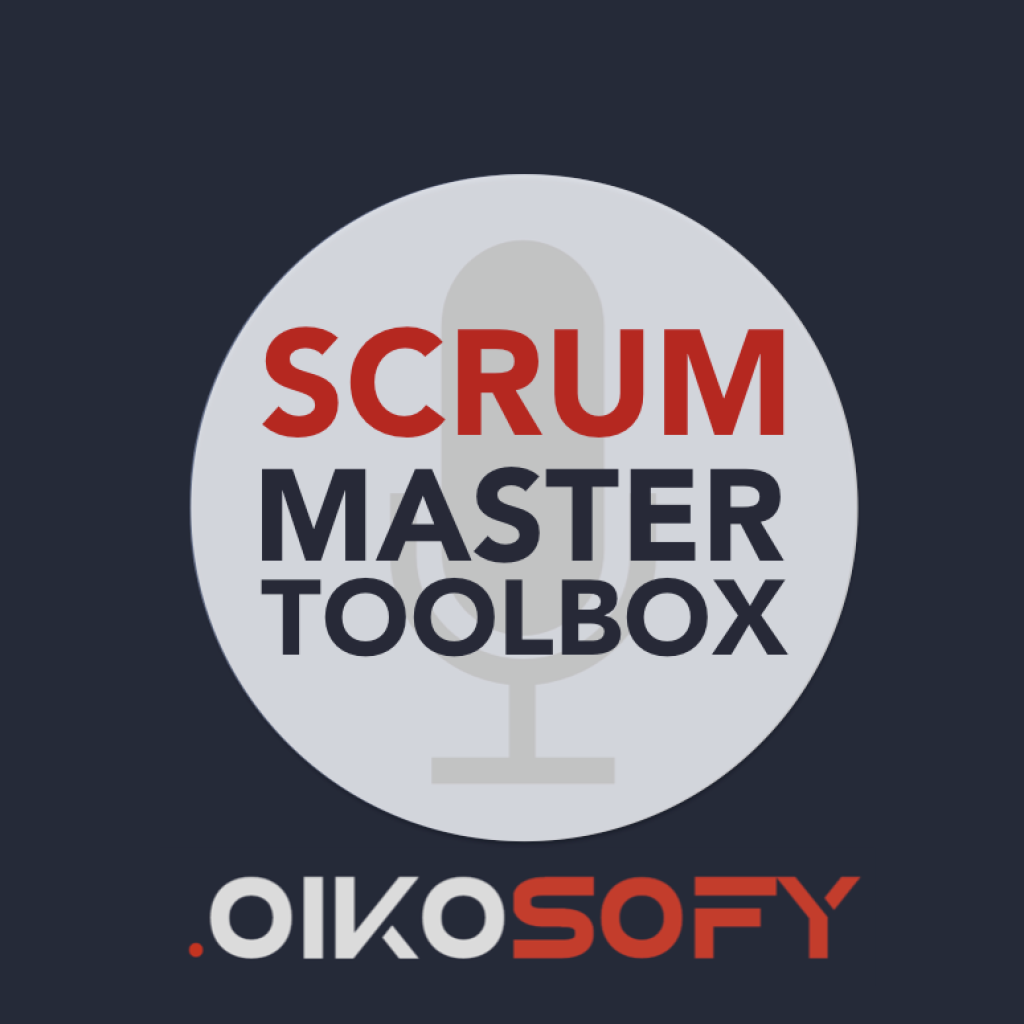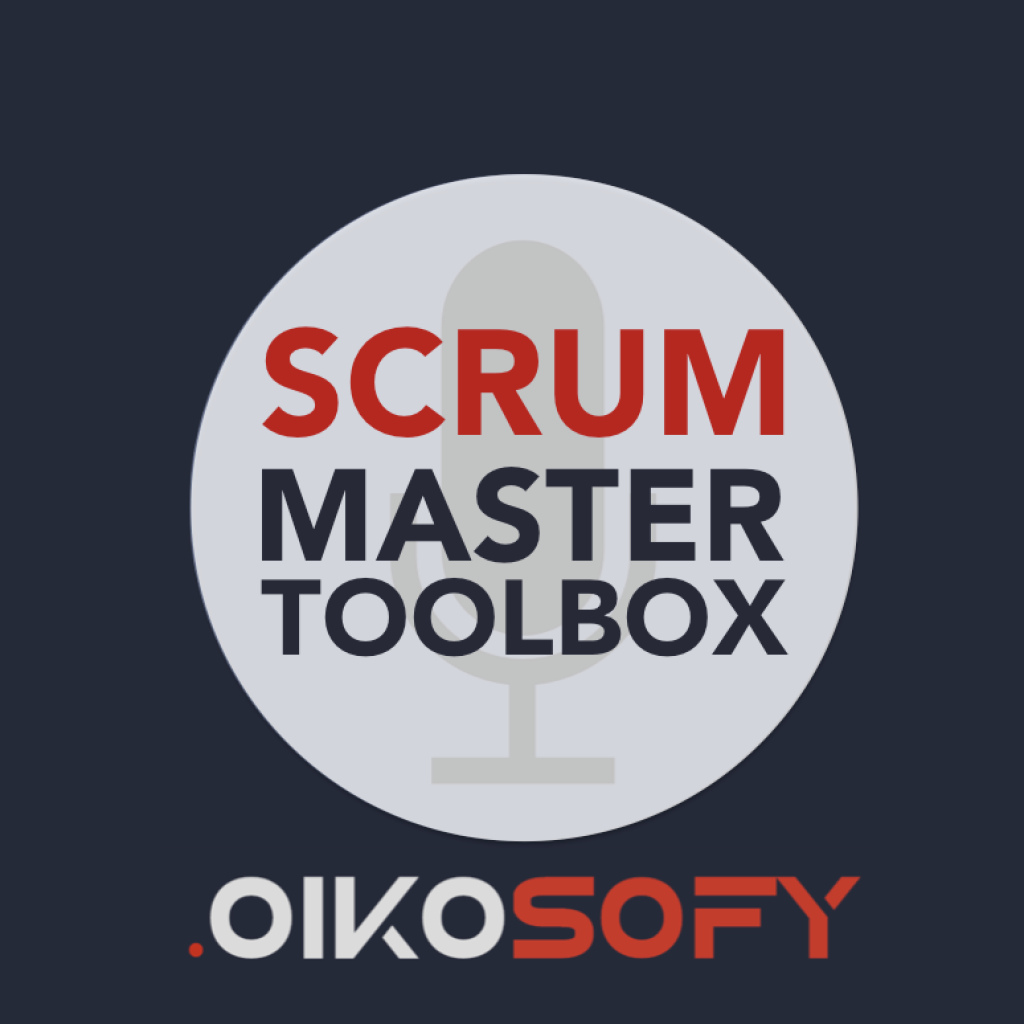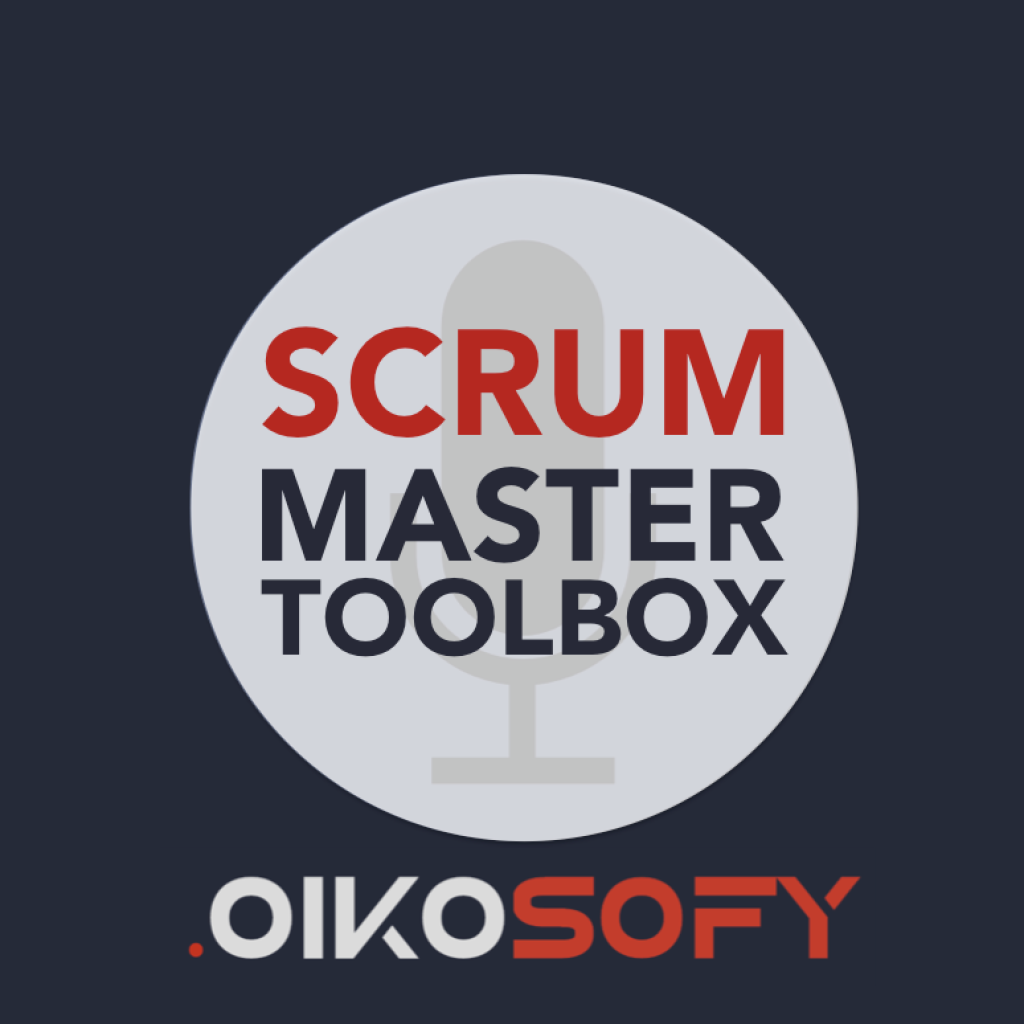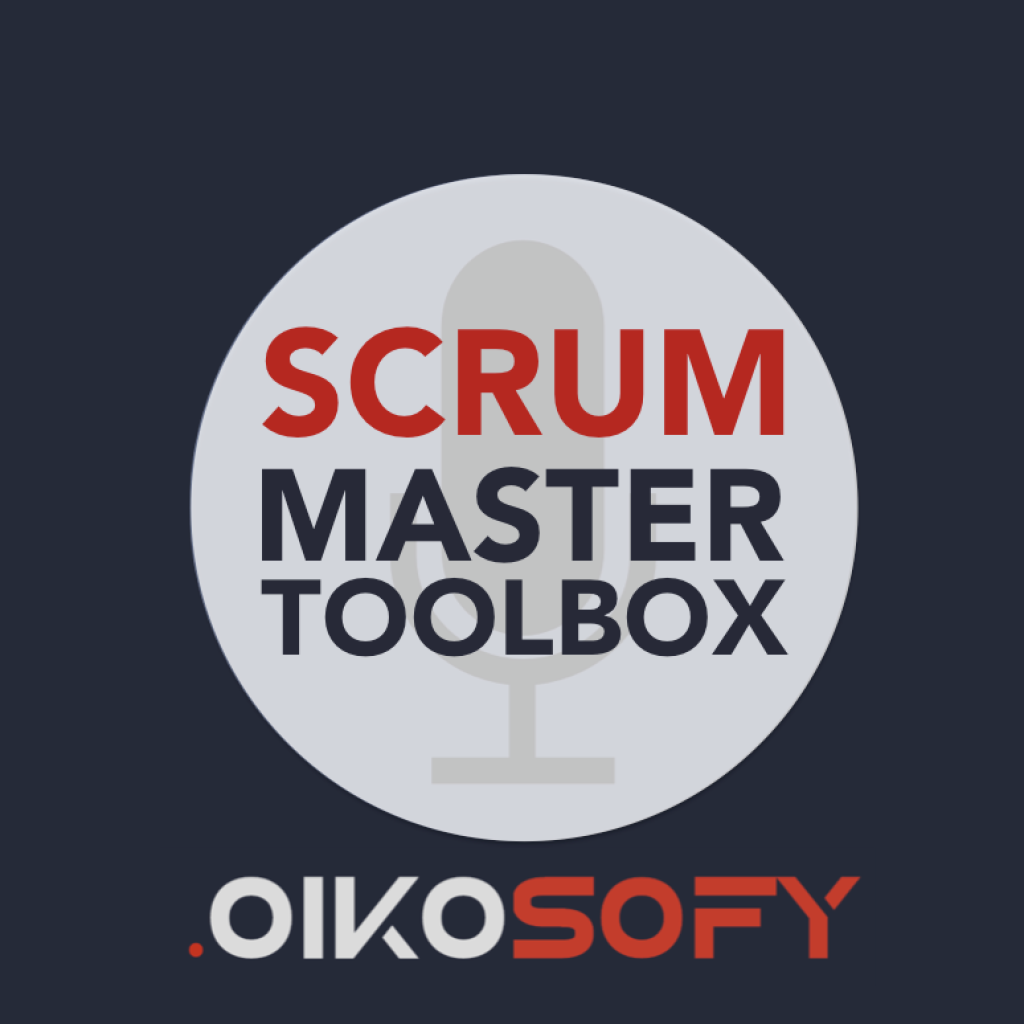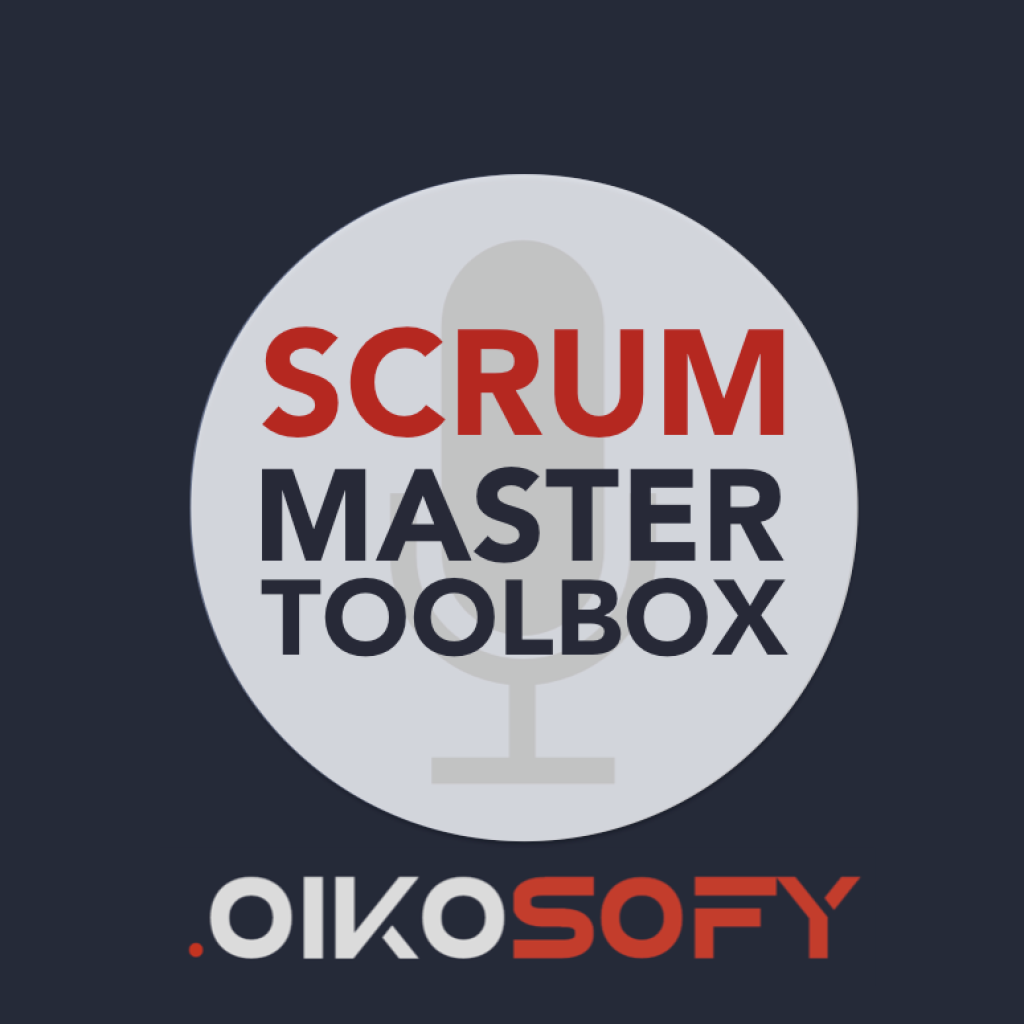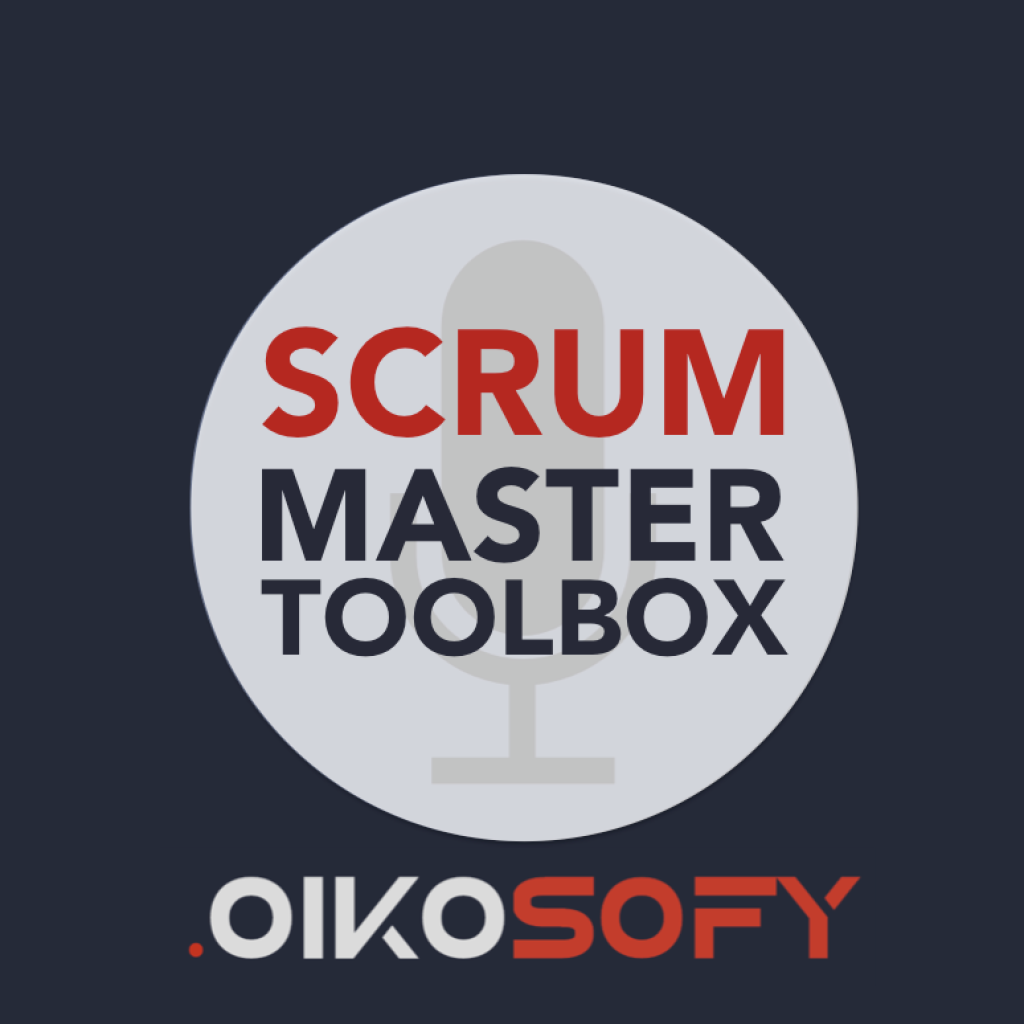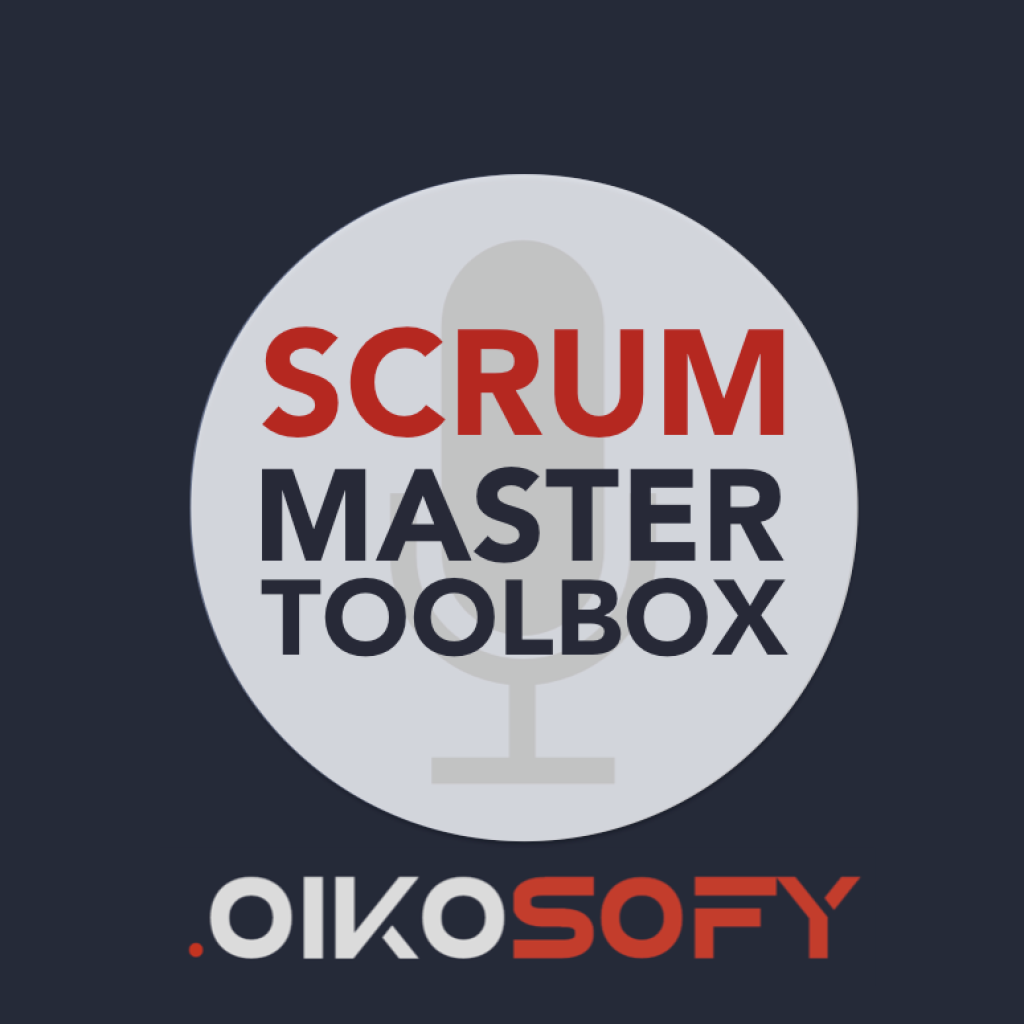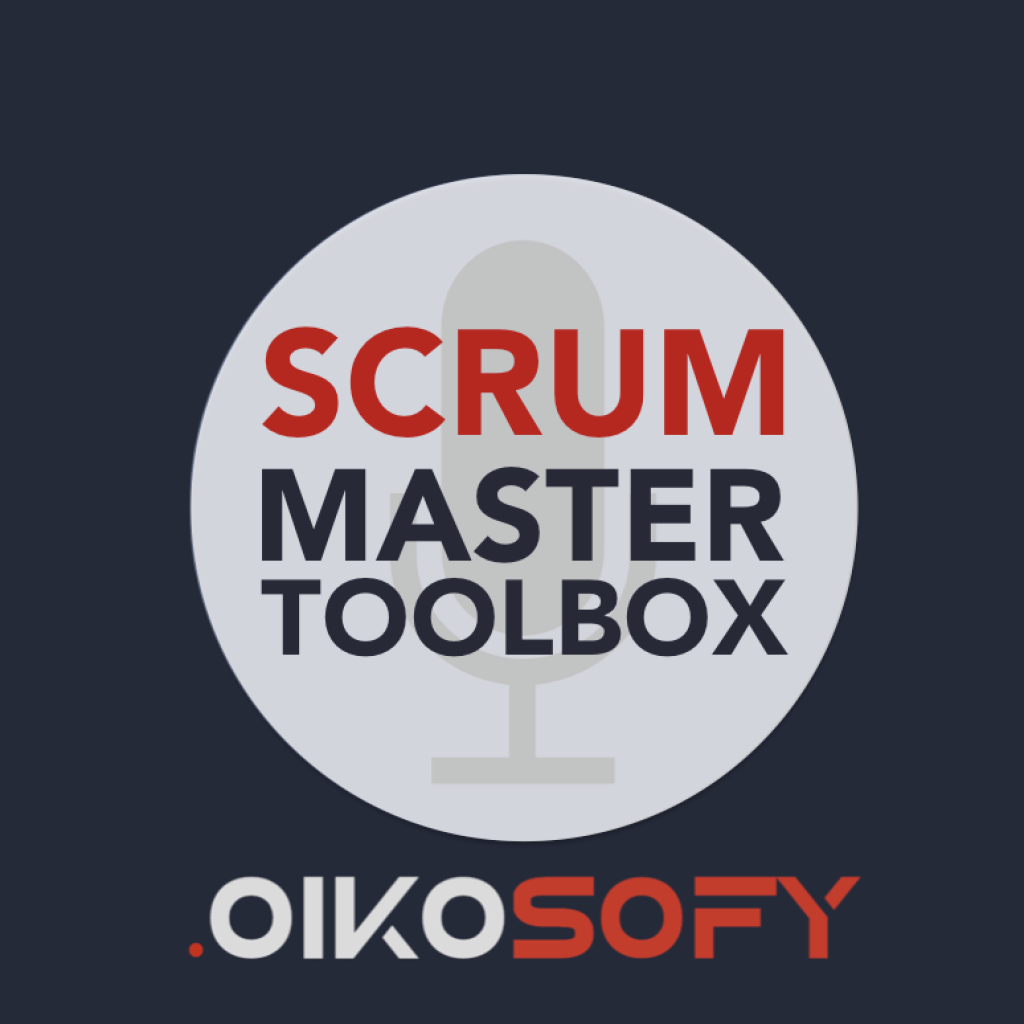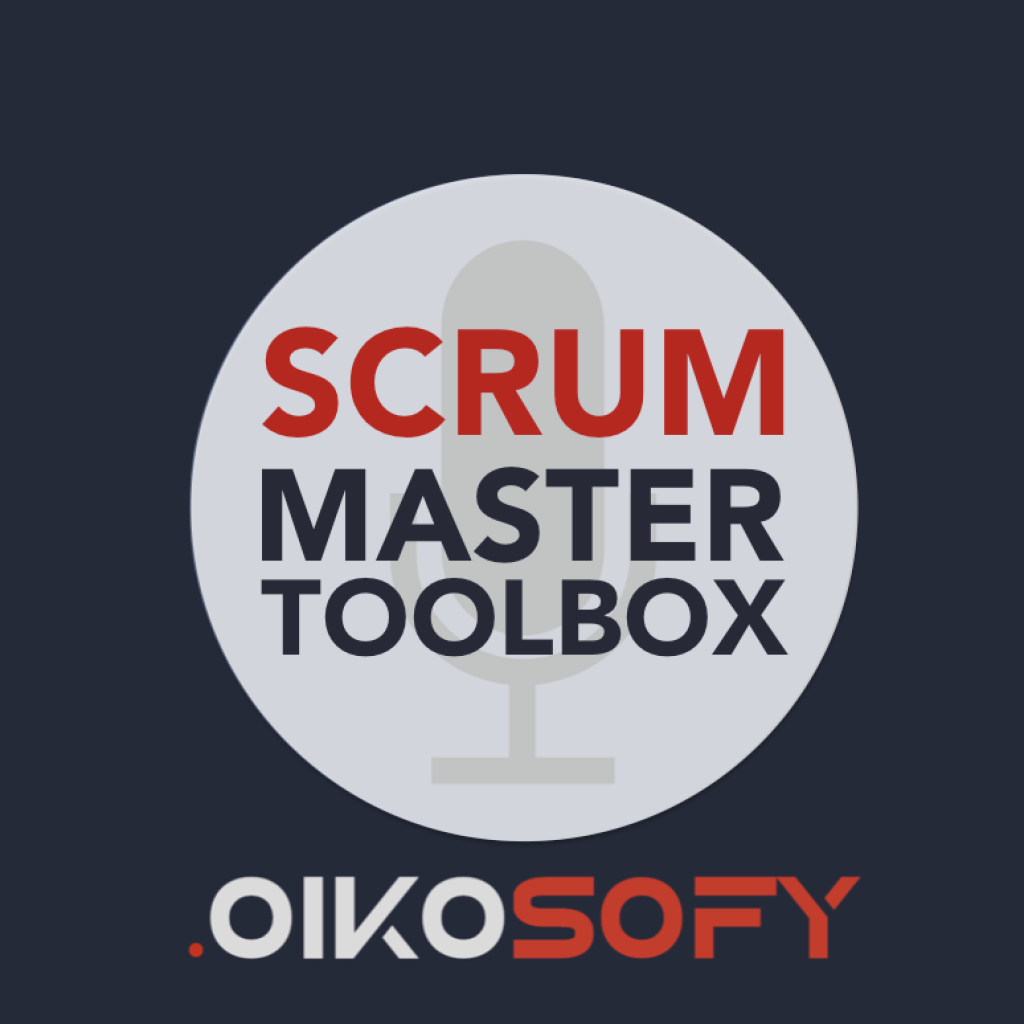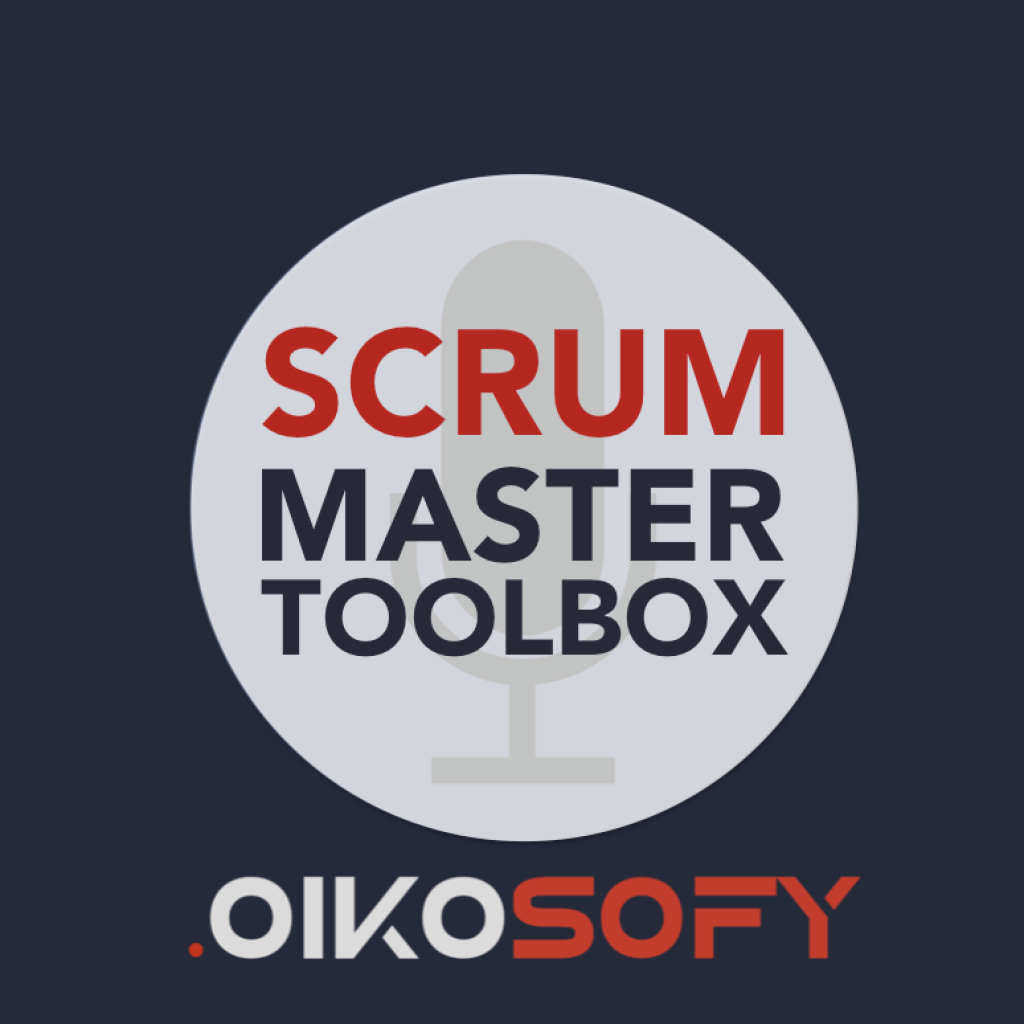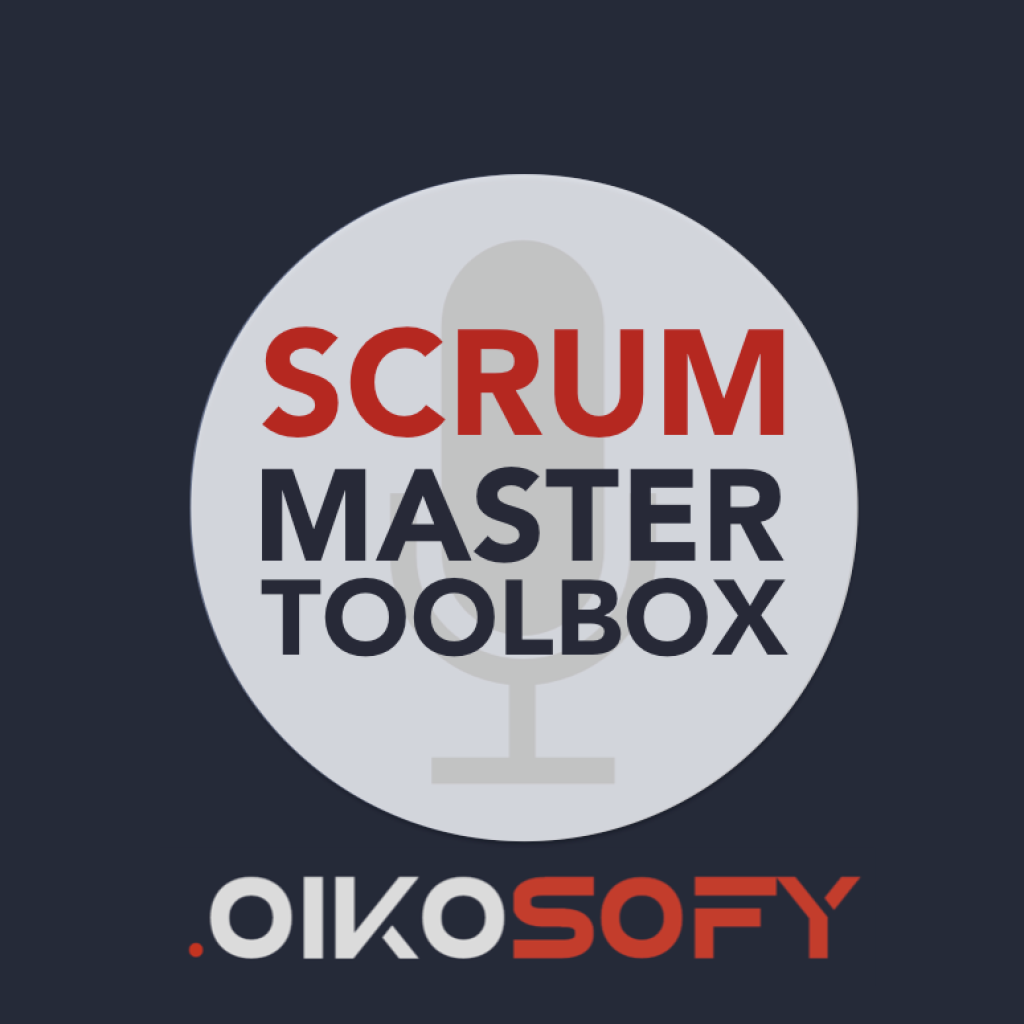BONUS: Building High-Performing Engineering Teams | Jochen Issing
Description
BONUS: Jochen Issing on Building High-Performing Engineering Teams
In this BONUS episode, we explore the fascinating journey of Jochen Issing, an engineering leader who brings unique insights from his background as a handball player and band member to building exceptional software development teams. From sports courts and music stages to engineering leadership, Jochen shares practical wisdom on psychological safety, team dynamics, and creating cultures where the best ideas win.
From Sports and Music to Software Leadership
"As soon as you complain about each other, you are starting to lose."
Jochen's unconventional background as a handball player and band member has profoundly shaped his approach to engineering leadership. Drawing from team sports, he discovered that frustration leads to losing in both athletics and technology work. Great players in great teams optimize for the team's results, not individual glory. This translates directly to software development where great engineers slow down to make the team faster, recognizing that collective success trumps individual achievement. The lesson from the handball court is clear: when team members start blaming each other, they create a losing mindset that becomes self-fulfilling.
Breaking the 10X Engineer Myth
"It's not your success that makes our success, it's our success that makes your success."
The mythology of the 10X engineer remains pervasive in software development, but Jochen challenges this with insights from team dynamics. The "hero culture" in companies often emerges when systems are already broken, requiring someone to step in and save the day. While we celebrate these heroes, we forget to ask the crucial question: how did we end up needing a hero in the first place? True high-performing teams don't require heroic individual efforts because they've built sustainable systems and shared knowledge. The goal isn't to eliminate talented individuals but to ensure that even the most skilled engineers can take time off without the organization grinding to a halt.
Creating Psychological Safety Through Vulnerability
"When psychological safety is missing, I try to ask ignorant questions - expose myself as being the least experienced person in the room."
Building psychological safety requires intentional strategies that go beyond good intentions. Jochen employs a counterintuitive approach: when he senses team members hesitating to speak up, he deliberately asks "ignorant" questions to position himself as the least knowledgeable person in the room. This modeling behavior demonstrates that it's safe to admit uncertainty and ask questions. He also builds a culture of "challenging ourselves" by implementing ritualized dissent - assigning someone the specific job of finding flaws in proposed solutions. This prevents the dangerous harmony that can emerge when teams agree too quickly without proper scrutiny.
The Power of the Expectation Sheet
"I want people to share with me what might even drive them away from the company."
Trust forms the foundation of effective team relationships, but building it requires explicit frameworks. Jochen uses an "expectation sheet" (See a prototype here Google Doc)- a document that formalizes mutual expectations between him and his team members. This tool establishes that he wants open, honest communication about everything, including situations that might drive someone to leave the company. The key principle is that he will never share confidential information or use personal disclosures against team members. This creates a relationship where he serves as both a representative of the company when necessary and a personal advocate for his team members when they need support navigating organizational challenges.
Team-Centric Productivity and Collaboration
"The team is the unit of productivity and delivery, not the individual."
Eff

